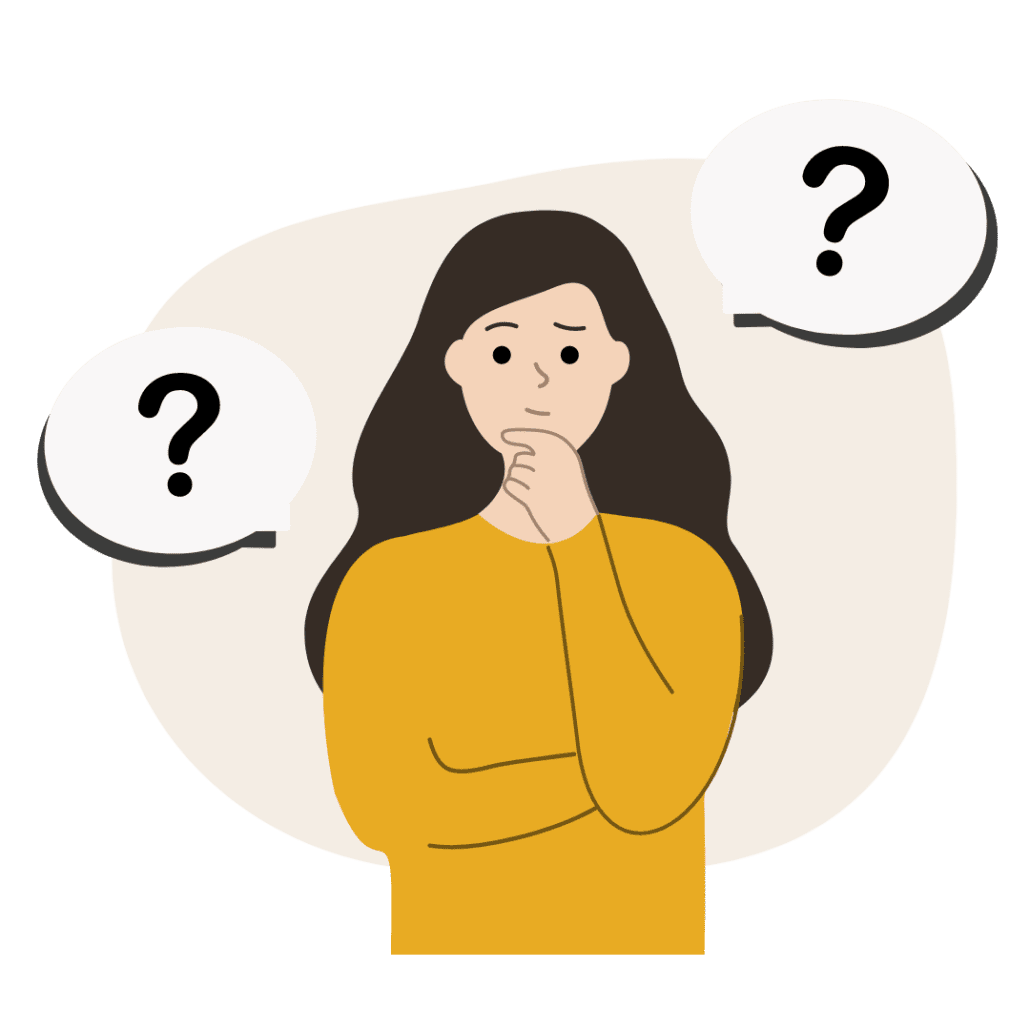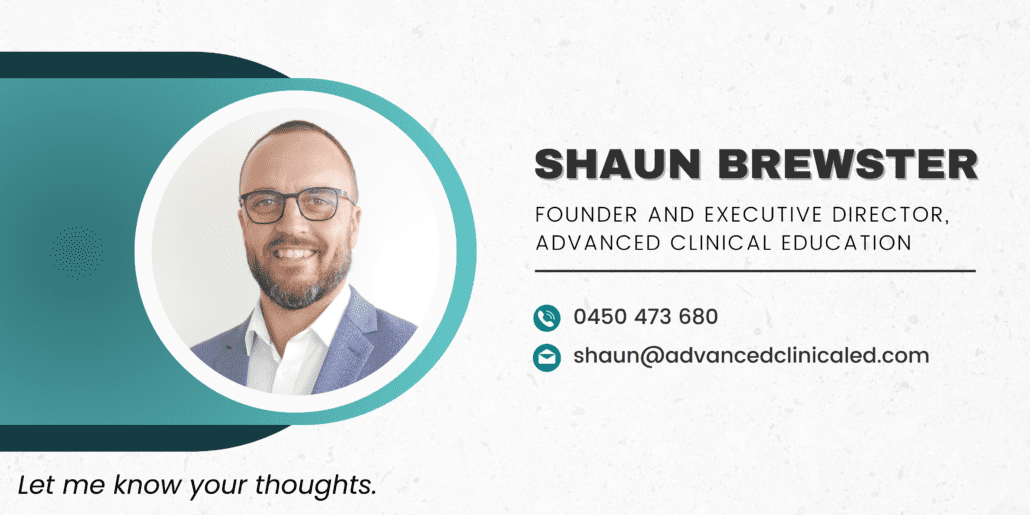Finding confidence in uncertainty
I’ve been thinking lately about this idea of uncertainty in clinical practice, and the impact it has on us all.
As clinicians, we are regularly faced with situations where what we believe will happen, doesn’t. We also regularly see patient problems that don’t fit a particular mould, and therefor are difficult to wrap a solution around.
Similarly, students clinicians, or those seeking to update their knowledge and skills, will also regularly find their sense of certainty being challenged as they learn new things, and also recognise that what they once knew to be true, is perhaps now an outdated idea.
Situations like these can seem like a major reality check, and can leave an individual feeling a bit lost and very uncertain about where to go from here.
Sir William Osler said “Medicine is the science of uncertainty and the art of probability”, which all very much sounds like a bit of a gamble when you think about it.
But maybe that is just life? If medicine is uncertain, and we are just working with probability, perhaps our goal is to simply gather as much information as possible, and then make decisions to the best of our ability – WITHOUT any certainty.
Surely though, our patient’s need some certainty…? This would explain why so many will seek out diagnostic imaging, just to get some sense of control. Even though, we know that imaging generally doesn’t provide much certainty or clarity a lot of the time.
The path to a sense of control over one’s situation, can perhaps be more reliably obtained by having a better understanding of why we feel the way we do, and simply having a plan to move to something new.
While we as clinicians will often feel compelled to talk in absolutes and to provide definitive answers, what our patients may be seeking is simply a feeling of confidence from us, and a map that they can follow.
How do we achieve that confidence? We recognise what we believe to be facts, we identify what needs further clarification, and we are clear about what we don’t know… Then we tell them!
We tell them clearly, concisely and with care. We then allow them to ask questions, we provide answers where we can, and we refer them when required.
It is when we pretend to know something, or follow a “fake it until you make it”strategy, that the patient will perceive that uncertainty, and will ultimately leave them feeling more lost.

For students who may be going through a crisis of identity when their prior view or approach has been shown to have holes, it is important to remember the opportunity that we find in discovery.
Even if we have been doing something one way for many years, and suddenly discover that there is in fact a much better way to do that thing, that doesn’t mean those initial years were wasted.
Far from it. Now what we have is an opportunity to build on what on past understanding and experience, and to bring something new and better to what we do.
Our patients would be thrilled to know that their health practitioner is leveling up, and is able to let go of old ideas and bring their best work to the clinic room each day.
Thinking about certainty in a broader context than just clinical practice, it is a basic human desire to have certainty. Yet it seems that we as a society are getting less able to cope with situations that lack certainty. In research published 2019 in the journal of Cognitive Behavioural Therapy, the authors discussed the role that immediate access to information (the internet and mobile phones) has had on our ability to deal with uncertainty.
We are now able to access answers to things faster than ever before. It is no wonder then that when we are presented with something like chronic pain, that doesn’t necessarily play by the rules of logic, or even expected physiology sometimes, that a patient will feel helpless or anxious.

With this in mind, it has never been more important for us to take our role as clinicians, and also our role as leaders seriously.
We have the power to share empowering information and clear plans for better outcomes with our patients. While we don’t have to have all the answers, we certainly do need to be honest, and to accurately represent the role we can play for them. Amongst all this truth sharing with our patients, it is also important to remember that a little bit of encouragement, and a bit of positive support, can go a very log way for someone feeling anxious, lost or uncertain.


